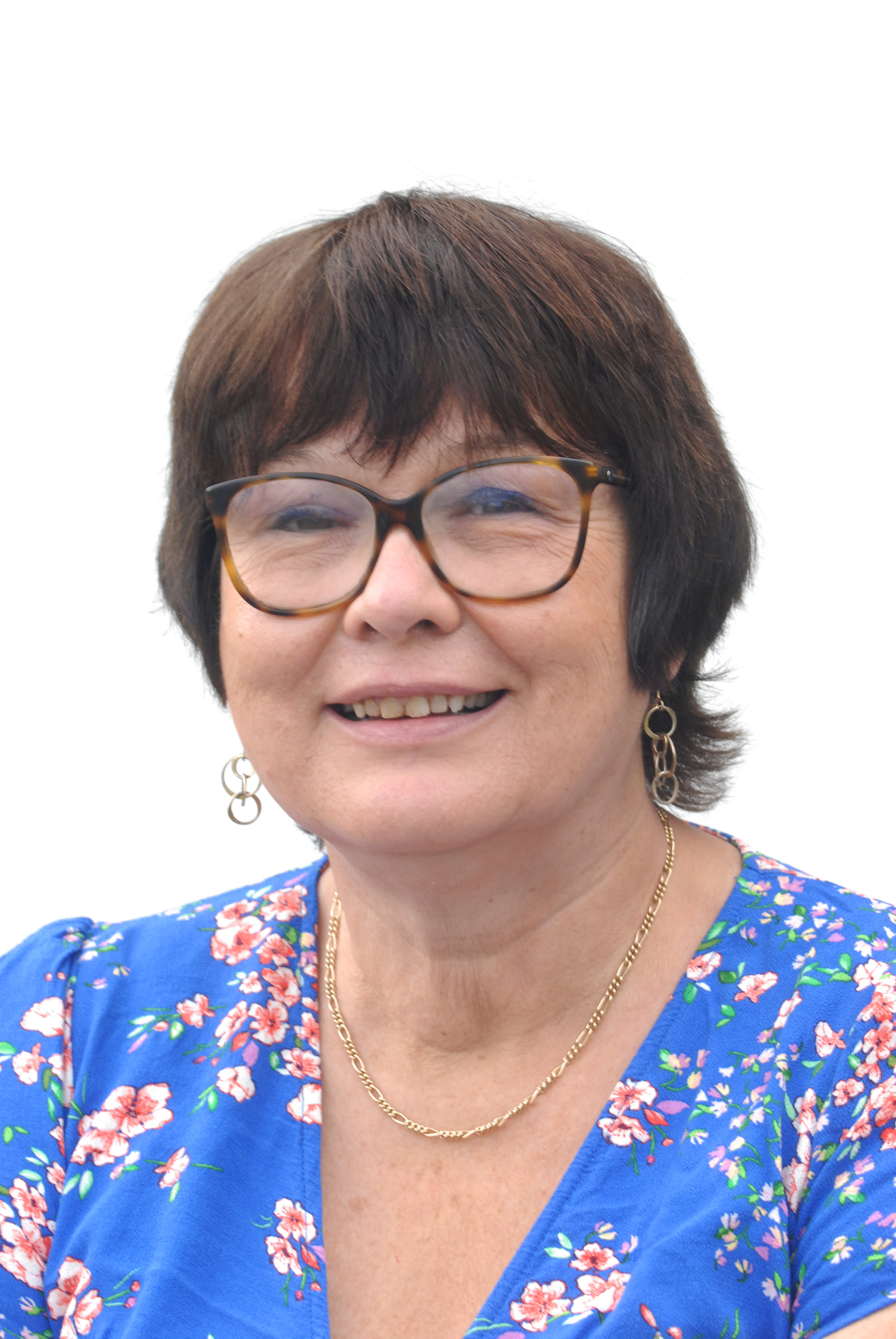 by Claire Anderson, RPS President
by Claire Anderson, RPS President
Prescription medicines play a crucial role in modern healthcare, helping millions of people manage their health conditions and improve their quality of life. However, the process of getting these medications to patients and the challenges that arise when demand surges can significantly impact access and patient care.
How medicines typically get distributed
In the UK, the journey of prescription medicines from pharmaceutical companies to patients involves a complex supply chain. Pharmaceutical companies produce the medicines, which are then distributed to wholesalers responsible for storing and delivering them to pharmacies and hospitals.
Pharmacists play a critical role in this process by reviewing prescriptions, providing medication counselling, and dispensing the medications to patients. Patients can get prescription medications with a valid prescription from a healthcare professional.
Prediction of demand
In the UK, direct-to-consumer advertising of prescription medicines is not allowed, so changes in demand for them are typically driven by alterations in prescribing patterns.
Demand may surge due to various factors, such as changes in treatment protocols by organisations like the National Institute for Health and Care Excellence. The withdrawal of a medicine by manufacturers or regulators can create demand on a similar medicine, or increased awareness of a condition or outbreak of illness through news outlets also creates demand for specific medicines. They may also be driven by other factors such as celebrity endorsement and media focus.
What happens when a medicine gains popularity quickly
When a prescription medicine gains rapid popularity, it can lead to several challenges including the demand for the drug exceeding its supply. This increased demand places immense pressure on the drug supply chain, leading to shortages and delays. During such situations, patients may face difficulties in accessing the medication they need for their treatment.
Pharmacists and their teams find themselves at the forefront, trying to manage the situation and help patients. They may need to spend hours tracking down the medicines patients need or recommending suitable alternatives when specific medications are out of stock. The goal is to ensure that patients continue to receive appropriate treatment, even during supply disruptions.
What happens when manufacturers run out
When demand exceeds supply, patients' access to medications is affected. Pharmacists and doctors work collaboratively to address these shortages by finding suitable alternative medications or adjusting treatment plans. Regulators may also collaborate with manufacturers to increase production.
Why companies seek patents
Pharmaceutical companies seek patents to protect their intellectual property and have exclusive rights to produce and sell a particular medicine for a specified period. This protection helps them recover the significant research costs involved in developing new medicines and stay ahead of competitors.
During medicine shortages, if a company holds a patent for a medication in short supply, no other company can legally produce generic versions.
What happens when patents run out
When a pharmaceutical company's patent for a drug expires, other manufacturers can begin producing generic versions of the medicine. Generic medicines contain the same active ingredient as the original product and work in the same way in the human body.
Once patents expire, generic versions become more prevalent, and they are often preferred by healthcare systems like the NHS due to their effectiveness and lower cost. In England for example, over 80% of prescribed medicines are prescribed generically.
What is a generic medicine
A generic medicine is one that contains the same active ingredient as the original pharmaceutical product. It acts similarly in the human body and undergoes strict regulation to ensure its equivalence to the branded product. Generic medicines can only be launched once the patent for the original product has expired, providing a more cost-effective option while maintaining the same therapeutic effects.
Read more RPS blogs.